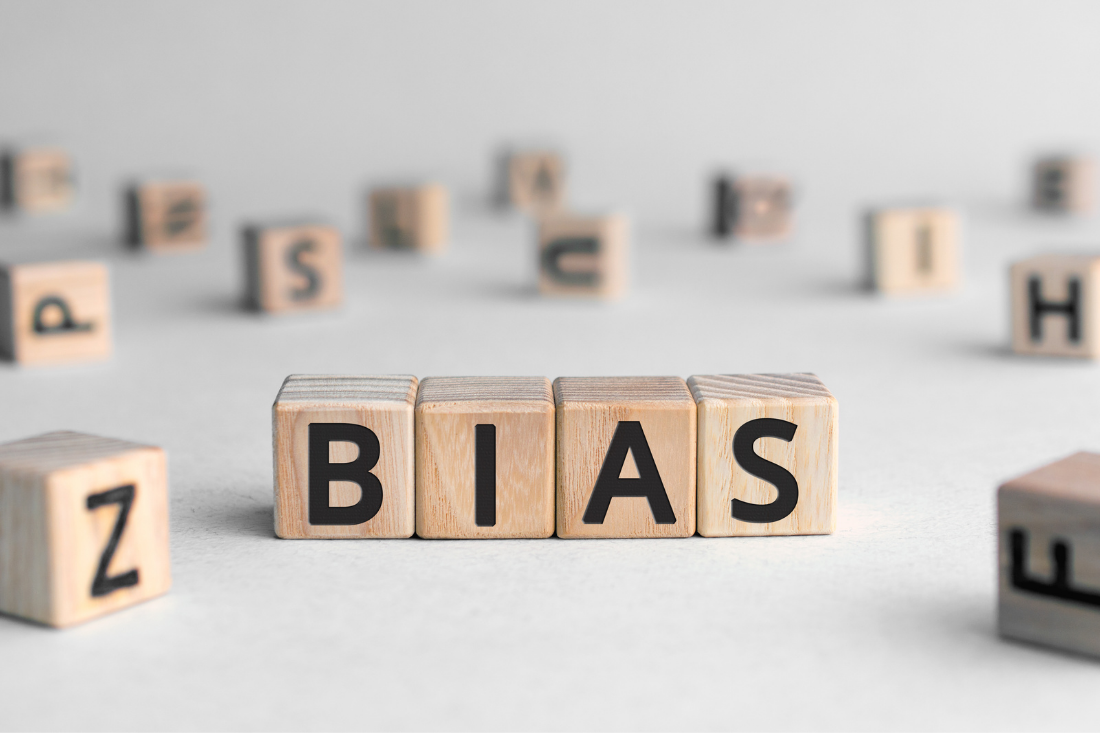
Our understanding of the causes of challenging behavior often do not flow from science. They flow from bias.
We assume that kids who behave in challenging ways do so on purpose, in order to get or avoid things. Stop anyone on the street and ask them why kids misbehave, and you will likely hear some version of this conventional wisdom. These assumptions are what we might call an explicit or conscious bias. They are explicit because we are fully aware of, endorse and knowingly pass these ideas onto others. And they are a bias because the ideas have been completely disproven by science.
More than half a century of research at this point confirms that people who struggle to control their behavior do not do so purposefully, but rather because they struggle with the skills required to behave better. Skills like flexibility, frustration tolerance, and problem-solving. As I’ve written many times, it’s about skill not will. Countless kids have suffered as a result of this explicit bias about their behavior that leads to carrot and stick approaches which typically don’t work and often make matters worse because they are poorly matched to the actual problem.
Tragically, kids of color who struggle to manage their behavior suffer from double jeopardy when it comes to biases about their behavior. They suffer from both explicit bias that has their behavior misunderstood in the first place and implicit bias borne of racism that has them receive far more punitive responses.
Implicit or unconscious bias is what lurks beneath the surface, often outside of our awareness but causes people of color to be subject to far more frequent and severe discipline for lesser infractions. So kids of color with behavioral challenges are both explicitly and implicitly misunderstood and mistreated.
When we focus on the actual problem—skills struggles, rather than a lack of motivation—we can interrupt these two behavior biases and instead set the stage for relational approaches that help kids build the skills they need to succeed.
It’s high time we begin to listen to science—not bias—to spare kids of color from the double jeopardy of behavior bias.
This article originally appeared in Psychology Today.